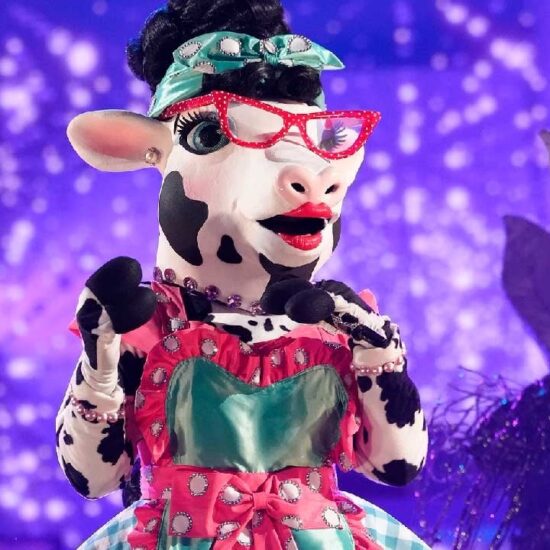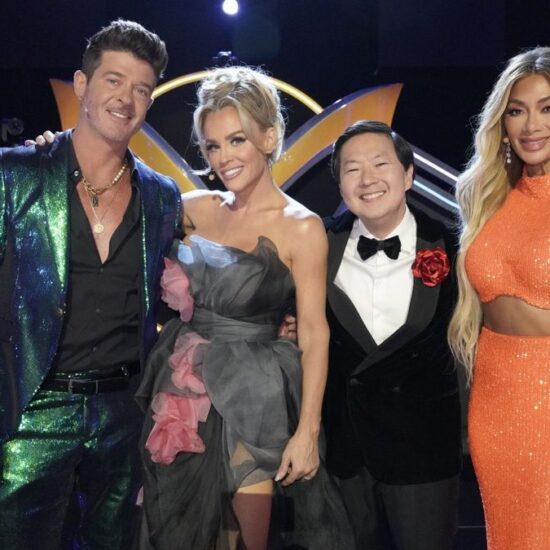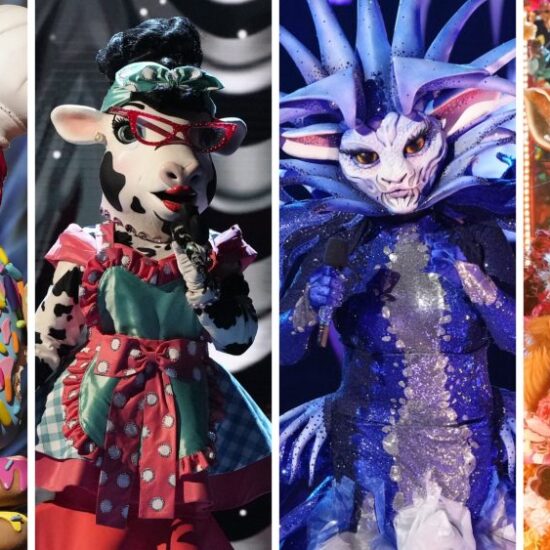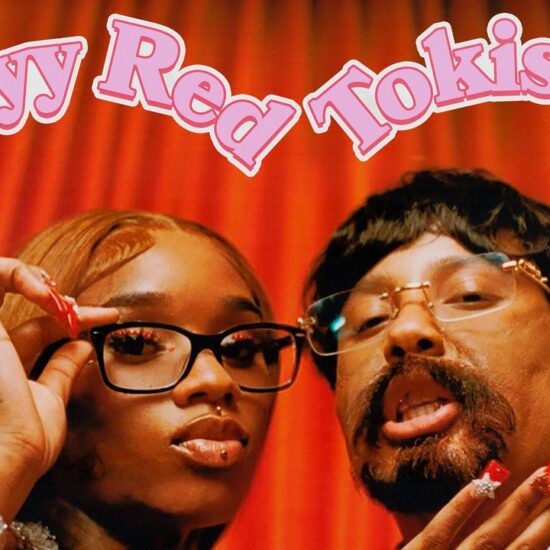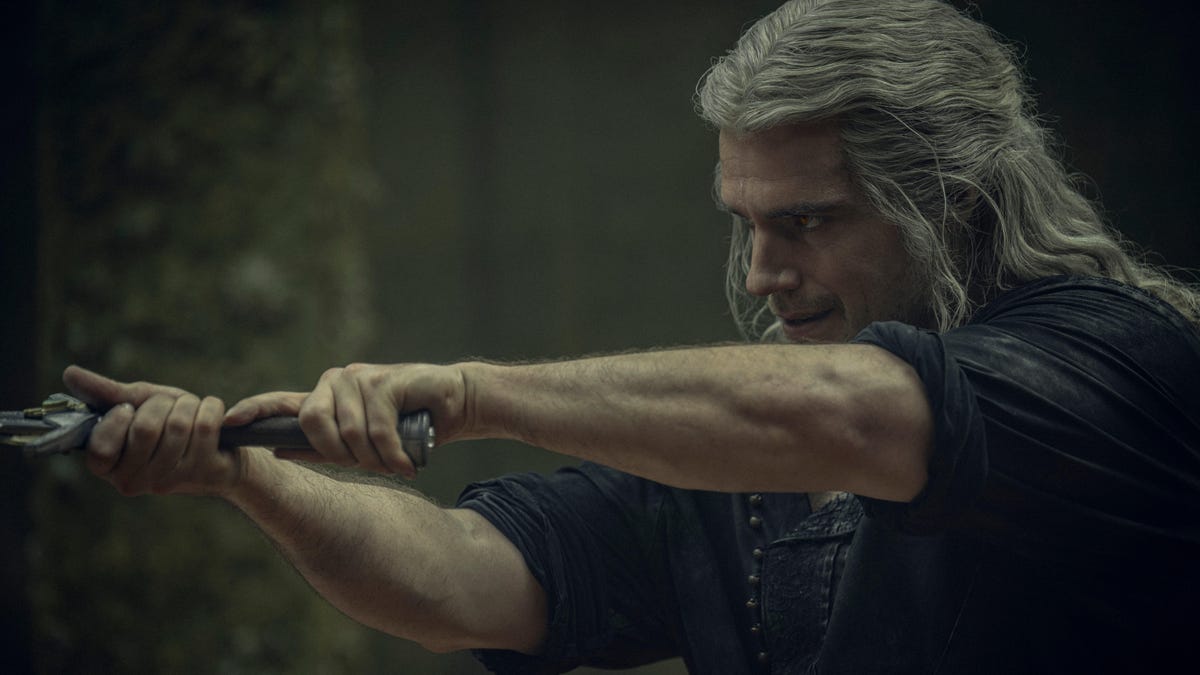
In the opening episode of The Witcher’s third season, the first volume of which arrives June 29 on Netflix, Geralt tells Ciri a story, one that will be familiar to anyone who’s read the Andrzej Sapkowski novels on which the show is based. They’re standing among the ruins of Shaerrawedd, an elven palace, at the foot of a statue that depicts an elf named Aelirenn. Aelirenn, Geralt tells Ciri, bravely led a group of young elves in a fight against the humans. But it was a suicide mission; they all died fighting for what they believed in. “Neutrality,” Geralt says. “It won’t get you a statue. But it’ll certainly help in keeping you alive.”
We’ve been here before—in season one, Geralt told the sorcerer Stregobor, “If I have to choose between one evil and another, then I prefer not to choose at all.” But he did, eventually, choose, back then—he chose to kill the former princess Renfri after she gave him an ultimatum and drew him into a fight. And now, in season three, Geralt has another choice to make: Who will he ally with to keep Ciri safe? His first choice, of course, is no one. But what happens when neutrality is no longer an option?
That’s the question that volume one sets up, and presumably the question that volume two, out July 27, answers. But this is a particularly inelegant split, even by Netflix standards, cutting off just as the season’s major themes start to take shape. The Renfri ordeal resolved itself within the span of a single episode, back then—but that was decades ago, in the show’s timeline, when Geralt was still an itinerant monster hunter. Four years ago, in the real world, when the show was still happy enough to fuck around as a monster-of-the-week adventure.
Things are different now. Geralt doesn’t really have time to slay monsters for coin anymore. He’s too busy keeping Ciri, the girl he’s sworn to protect, safe from the kinds of monsters who would use her for their own purposes. And they’re coming almost as frequently as those kikkimoras, strigas, and nekkers used to.
Francesca, an elven sorceress, wants Ciri because she believes Ciri is the subject of a prophecy, the person who will save the elves from annihilation. King Vizimir of Redania wants to marry Ciri to secure an alliance with Cintra; she is, after all, technically Princess Cirilla, heir to the Cintrian throne. Emperor Emhyr var Emreis of Nilfgaard (Ciri’s father) wants her, too, though his motivations aren’t yet apparent. And then there’s Rience, the crazed fire-wielding mage whose motives for wanting Ciri are also unclear, though he seems to pose the most immediate danger. It’s not quite a monster of the week, but it’s close.
Geralt’s lesson on neutrality comes as he, Ciri, Yennefer, Jaskier, and Yarpen Zigrin are setting a trap to draw out Rience. It’s a bold plan, one that Ciri came up with herself, one that Geralt quickly endorsed even though it involved using Ciri as bait. This is where The Witcher truly shines in season three: showing the trust between Geralt and Ciri. Geralt agrees to the plan because he knows Ciri can handle herself. He knows she can fight—even, or maybe especially, when her back is against the wall. And she does, not just in the battle with Rience at Shaerrawedd, but all throughout volume one. The fight scenes are as beautiful and gruesome as they’ve ever been, but they feel particularly great when Ciri gets into the mix and holds her own.
After it becomes clear that the Rience problem is not going away, Geralt sends Ciri off to Aretuza with Yennefer as he pairs up with Jaskier to track down the fire mage. This is a big moment of growth for Geralt, as he’s still learning to trust Yenn again after she nearly sacrificed Ciri to regain her own magical powers back in season two. But Yenn seems committed to working for his, and Ciri’s, forgiveness, and he doesn’t have much of a choice if he doesn’t want to send Ciri away on her own. So they split the party.
The intervening episodes before the two groups link back up at Aretuza are all solid. We already knew the Geralt and Jaskier dynamic works, and Yenn and Ciri figuring out how to be around each other is a nice touch. Jaskier’s got a budding romance with Radovid (now King Vizimir’s clever younger brother, rather than his unstable son, in a change that’s already got book fans riled), and it’s fun to see the usually self-assured bard caught completely off guard by the idea that he might actually have feelings for someone instead of just a torrid affair.
The real problem comes with episode five, an interminable slog that doubles back on itself so many times it becomes exhausting about halfway through. It’s Russian Doll season one without the cleverness. Throw in an eye-roll of an on-the-nose song that plays throughout the entire episode that will make you hate Valdo fucking Marx as much as Jaskier does, and you’ve got a recipe for the worst episode of the show so far. And this is where Netflix chose to cut the season in half.
By the time the episode ends and the villain, the person who’s been puppet-mastering Rience all along, is revealed, it feels less like the satisfying answer to a mystery and more like that time the Jeopardy! guy named himself the host of the show after pretending to audition various celebrities for months. Maybe that’s because the villain has been heavily foreshadowed since season one; maybe it’s because we don’t get to see the payoff of the reveal. Either way, something big is about to go down in the first episode of volume two, as Geralt is finally confronted with the consequences of his neutrality.
Back when Geralt killed Renfri, it earned him the nickname “the Butcher of Blaviken.” Because it wasn’t just Renfri he killed; it was her whole gang, slaughtered in the city streets as horrified townsfolk looked on. And, to be fair, he did his best to avoid it—he held back on delivering the fatal blow until she threatened a young girl, and then, well, there was nothing for it. Now, it’s a different hand that’s forcing his actions, a different young girl whose life is at stake. In the scope of Geralt’s life, and in the scope of the show, Renfri was a blip on the radar. One incident, one episode of the show. Now, we’re three seasons deep. We’ve seen what Geralt will do to protect the innocent, even when he doesn’t know them. But what will he do to protect the ones he loves? And if choosing a side turned him into the Butcher of Blaviken last time, what will he become now?
The Witcher season 3, volume 1 premieres June 29 on Netflix









